A couple of years ago, as a bass guitar enthusiast and music journalist, I was investing in a top-ranked bass guitar. Expectedly, the tone was exceptional during trials. But, upon bringing it home, there was a peculiar dullness to the sound. The focus of my investigation? My usual bass guitar cable. I knew cables played a part in tonality, but the extent had never been so profound. How did it drastically change my tone? Keep reading to find out.
Over two decades of reviewing countless guitars, one element often ignored is the humble bass guitar cable. While it may seem a trivial part of your gear, cables play a pivotal role in the authenticity of your tone. Drawing from my extensive career and engagements with top brands, I’ve discovered a fascinating world—various types, diverse brands, determining quality, and the immense impact on tone. Undoubtedly, your choice of a cable possesses the power to profoundly alter your bass guitar’s tonality.
Types of Bass Guitar Cables
Instrument Cables Vs Guitar Cables
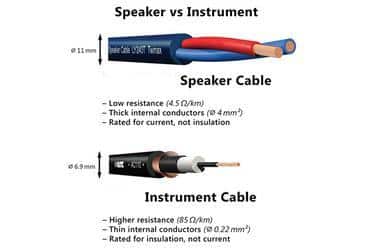
Upon examining the differences between an instrument cable and a guitar cable, I discovered nuanced variations that significantly contribute to overall tone and signal clarity. Instrument cables are more universal, designed for varied musical equipment, including bass guitars. Meanwhile, guitar cables, despite their misleading title, aren’t limited to guitars but virtually serve any electronic instrument. Key differences lie mainly in construction and internal architecture. The guitar cable usually exhibits superior shielding, decreasing interference and presenting a cleaner, more authentic sound. Having rigorously tested these cables across different guitar brands, it’s clear each type displays unique characteristics, impacting sound output in its own way.
Active Bass and Passive Bass Cables
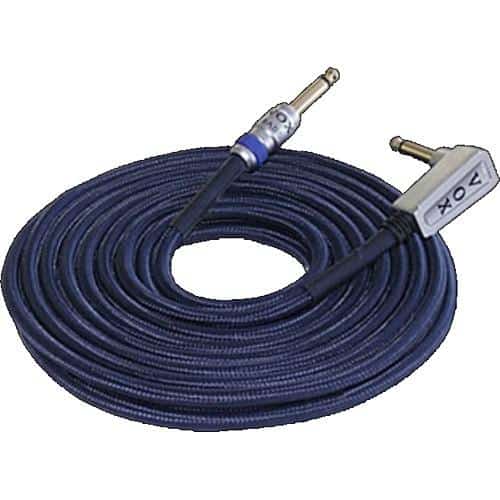
As a seasoned bassist, the influence of active and passive bass on the overall performance is eminent. Here’s how the cables differ. Active bass, powered by an onboard preamp, tends to deliver a relatively hot signal. Buttressing this output typically requires a well-shielded cable, enhancing tone fidelity. Contrastively, passive bass, operating without extra power, sends a lower-level signal. This scenario necessitates a sturdy low-capacitance cable to mitigate signal loss and maintain tonal integrity.
Considering each setup’s elements, the appropriate cable choice is paramount. Whereas the bass type plays a valuable role, understanding the cable’s relevance in this equation cannot be underestimated.
Factors affecting the Quality of Bass Guitar Cables
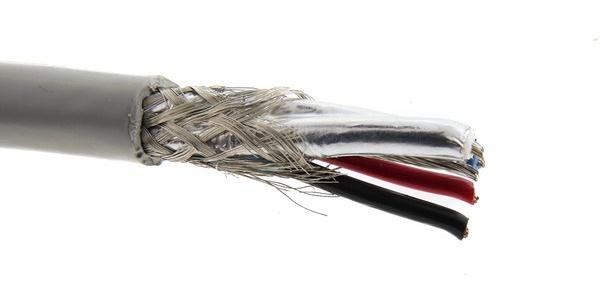
Over the years, I’ve dedicated countless hours to the technical exploration of bass guitar cables. How do they affect tone? How significant is a cable’s quality? The answers I unearthed from my research are wonderfully fascinating. My insights haven’t only led me to make better musical choices but also deepened my understanding.
When speaking of quality, several factors come into play. The capacitance of a cable is a crucial aspect, for instance. Higher capacitance can contribute to treble loss, making your bass sound dull. Considering this, you’d want your bass guitar cable to have low capacitance. On the flip side, though, this might result in higher costs.
Did you know that even the distance between the plug and socket can affect your bass guitar’s tone? Interested to learn more? This surprising fact is linked to the potential signal loss over longer cable lengths, another factor in determining the quality of your cable. A longer cable is more likely to compromise the clarity of your tone than a shorter one.
Understanding the interaction between these factors, along with their impact on the overall tone, has been an enlightening journey. The importance of a bass guitar cable’s quality extends beyond mere durability or thickness—it’s an interplay of scientific concepts influencing the musical output.
Reflecting on this, it becomes clear that paying attention to the seemingly trivial details, such as cable length and capacitance, is vital for achieving the desired sound. Greater awareness also informs the selection process, guiding you towards the right cable for your beloved bass guitar. Armed with this knowledge, we can move on to discussing the popular brands and types of bass guitar cables in the upcoming sections.
Popular Brands of Bass Guitar Cables
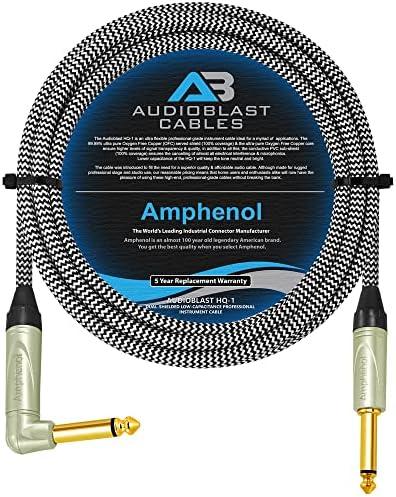
In my journey creating marketing content for big music brands, I’ve developed a deep understanding and appreciation for the world of bass guitar cables. It’s a world where brand matters significantly. Each brand brings its own unique blend of science, craftsmanship, and commitment to sound performance. But it’s not just about technical specs. There’s also an intangible factor – the brand’s unique personality that connects with the musician at a personal level, resonating with their own sense of style, aesthetic, and sound quality.
Ever wondered which bass guitar cable brand is the favorite of world-renowned musicians? Let’s explore. Over the years, brands like Mogami Gold, Planet Waves, and Monster Cable have consistently topped the charts. Mogami Gold is favored for its superior sound clarity and durability, Planet Waves for its great price-performance value, and Monster Cable for its lifetime warranty and high-quality manufacturing. However, it’s important to remember that the ‘best’ brand can slightly differ based on the individual artist’s preferences and specific requirements.
Each brand has its own unique strengths—and potential drawbacks. It’s crucial to consider these elements while making a choice, as they directly impact your bass guitar’s tone. Ultimately, the brand you pick should align with your unique needs as a bassist. We’ll delve further into these specifics in the upcoming sections, unraveling the intricate relationship between a cable and your bass guitar’s tone.
How Bass Guitar Cable Affects the Tone
Role of Connector Types
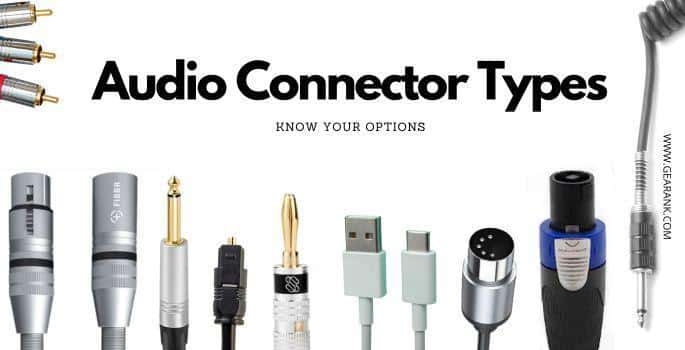
Delving deeper into the influential role of connector types in our tone journey, my experiences have led me to recognize their substantial contribution to tonal output. I’ve observed, through genuine hands-on experiences and insightful exchanges with seasoned guitarists, that different connector types can drastically alter the tonal output. It’s a consistently recurring theme that adding a new connector into the equation can create a remarkable shift in tone. It could be the subdued warm undertone with one, or the crisp high frequencies searing through with another, asserting the undeniable prowess of connector types in shaping your ultimate bass guitar tone.
Choosing the Right Bass Guitar Cable: User Preference
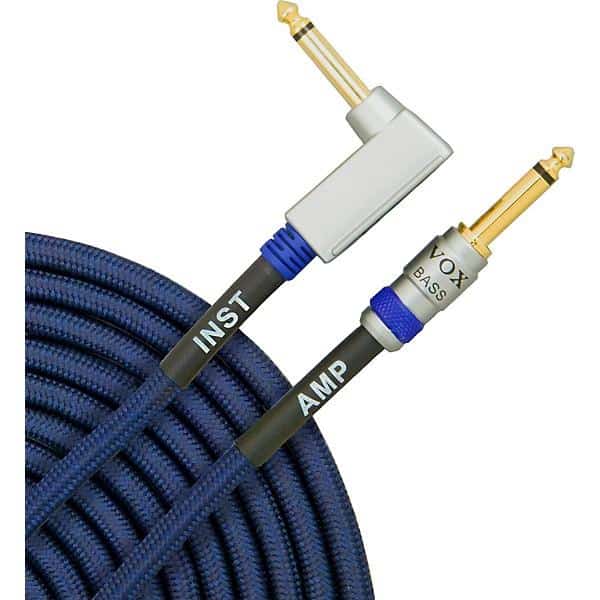
At this juncture, it seems essential to address this burning question: Is there a ‘one-size-fits-all’ solution when it comes to bass guitar cables? Or is it all down to personal preference? Join me as I unravel this mystery and shed light on our key subject of focus – User preference.
The truth, in my experience, is that choosing the right bass guitar cable largely depends on the user’s individual needs. As someone who has journeyed through the spectrum of players’ preferences, I’ve learned that every discerning musician has their unique requirements and setups, all contributing to their unique sound.
Some bassists swear by certain brands, having found a reliable consistency in their performance. Others prioritize the type, such as instrument cables or active/passive cables, which match their gear and tone. Quality, too, plays a significant part, with many musicians willing to invest in high-end options to ensure the best sound.
In essence, the ‘right’ bass guitar cable differs from player to player. While a specific brand or type could be a game changer for one, it may not resonate with another. Therefore, personal preference, without doubt, plays a pivotal role in this choice.
Indeed, nothing – including choosing your bass guitar cable – should stand in the way of achieving your ideal sound. It’s about trial, error, and eventually finding what suits you best in your quest for musical excellence.
FAQs Regarding Bass Guitar Cables
What are the types of bass guitar cables?
What are the top brands for bass guitar cables?
How does cable quality impact bass guitar performance?
Can a bass guitar cable influence the tone?
Conclusion
Why is understanding bass guitar cables so imperative anyway? And how can this knowledge elevate your musical performance? Stay tuned for my final thoughts…
Conclusion: In my fruitful years in the music industry, I’ve seen how instrumental the quality and type of bass guitar cables are to achieving superior sound. From the varied cable types, the comparison between instrument and guitar cables, to the factors that affect quality – all these components shouldn’t be overlooked. Whether you’re using an active bass or passive, your choice of cable matters. Scrutinize popular brands, inspect the roles of different connector types and overall, align your selection to your personal preferences. As we went through, the right cable doesn’t just connect your instrument to an amplifier; it influences your tone significantly. Being well-informed would surely help you improve your performance.

Michael Molenda, the transformative Editor in Chief of Guitar Player magazine from 1997 to 2018, revolutionized its content and expanded its influence. With over 2,500 published works, including in-depth interviews and technical analyses, he’s a giant in guitar journalism. Post-Guitar Player, he launched CONTENT BY MOLENDA and co-founded music websites, bringing his unmatched expertise to the forefront of music marketing. At Fretterverse, Molenda continues to shape the guitar world with insightful commentary and trendsetting journalism.
